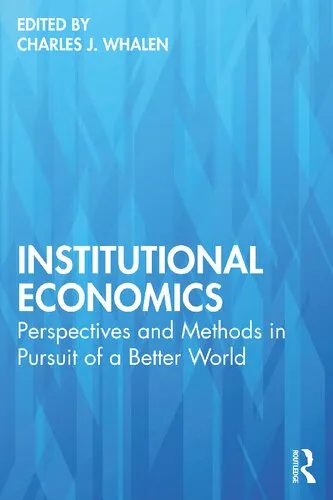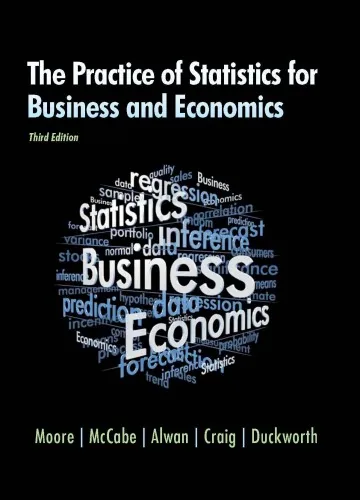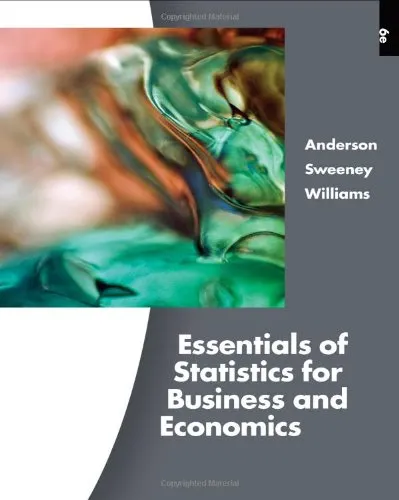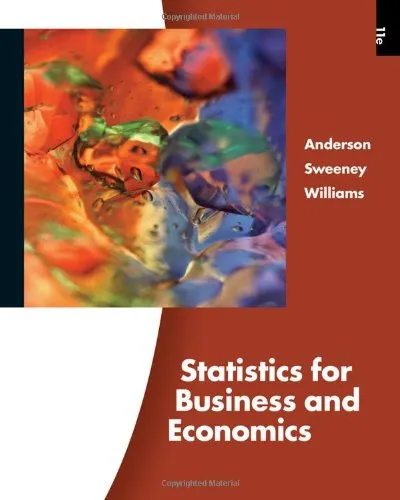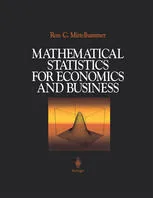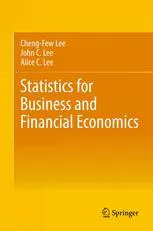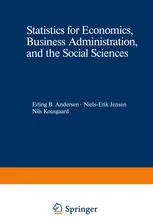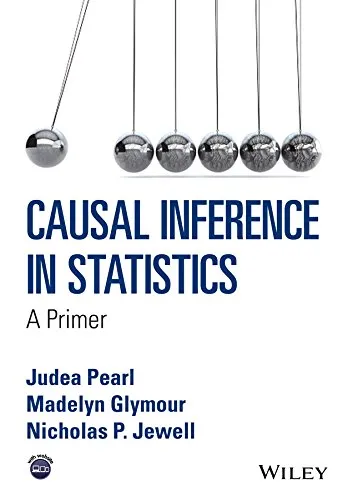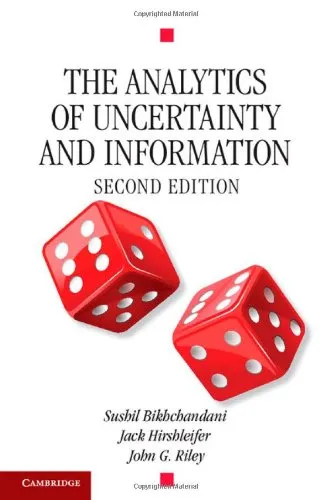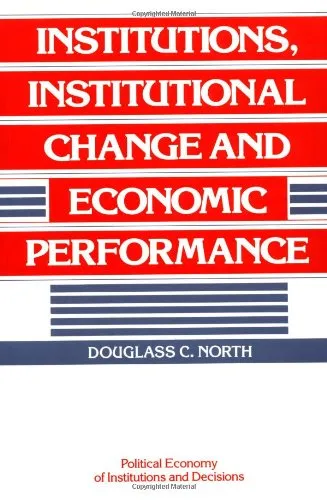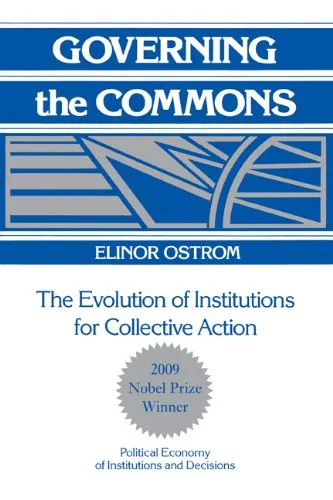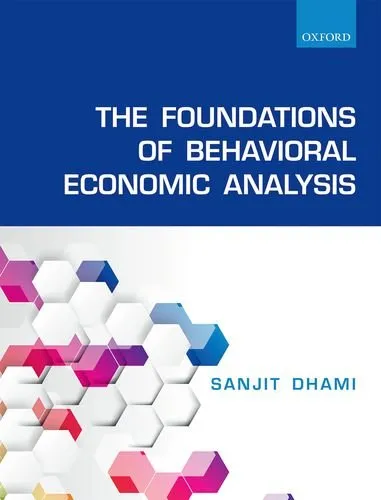Institutional Economics: Perspectives and Methods in Pursuit of a Better World
4.5
Reviews from our users

You Can Ask your questions from this book's AI after Login
Each download or ask from book AI costs 2 points. To earn more free points, please visit the Points Guide Page and complete some valuable actions.Related Refrences:
Introduction to 'Institutional Economics: Perspectives and Methods in Pursuit of a Better World'
"Institutional Economics: Perspectives and Methods in Pursuit of a Better World" is a comprehensive exploration of the interdisciplinary field of institutional economics. Written with both clarity and depth, this book examines how institutions shape economic behavior, influence outcomes, and offer insights for addressing some of the world's most pressing problems. This work is aimed at academics, students, policymakers, and anyone interested in the interplay between economics and the societal structures that govern it.
By revisiting foundational principles of institutional economics and integrating modern perspectives, the book provides a multi-faceted approach to understanding how institutions—defined broadly as rules, norms, and shared practices—impact economic systems and social progress. The central theme of the book is to demonstrate how institutional analysis can be used to create a more equitable, sustainable, and effective economic framework for the future.
Detailed Summary
The book is divided into several sections, each addressing key concepts within institutional economics. It begins with an overview of traditional economic theories and critiques their emphasis on market efficiency while often neglecting the social and cultural dimensions that influence economic decision-making. The initial chapters revisit the pioneering work of economists like Thorstein Veblen, John R. Commons, and Gunnar Myrdal, providing historical and intellectual context for institutional economics.
The subsequent chapters delve deeper into the methodologies used within the field. Topics include comparative institutional analysis, evolutionary economics, and the role of law and governance in the economic sphere. Far-reaching interdisciplinary frameworks are also explored, including insights from sociology, political science, and anthropology. The book emphasizes that institutional economics is not just about observing economic trends but understanding the underlying structural forces that drive these patterns.
The heart of the book argues for the importance of addressing contemporary global challenges such as inequality, climate change, and ethical considerations in technological advancements. Through real-world examples, case studies, and data, the text makes a compelling case for why institutional economics offers more inclusive and comprehensive solutions compared to traditional approaches.
Key Takeaways
- Institutions—rules, norms, and shared practices—play a central role in shaping economic outcomes.
- Conventional economic models often overlook the social, cultural, and historical contexts that influence individual and group behaviors.
- Institutional economics provides a richer framework for tackling issues such as inequality, sustainability, and governance.
- Interdisciplinary approaches are crucial for understanding and improving the economic systems of today and tomorrow.
- Economic policies informed by institutional analysis can lead to more equitable and sustainable societies.
Famous Quotes from the Book
"Institutions are neither inherently good nor bad, but their design and evolution determine the kind of world we inhabit."
"Economic problems are never just about numbers; they are about people, communities, and the rules we choose to live by."
"A better world is possible, but only if we are willing to challenge the institutional arrangements that perpetuate inequality and inefficiency."
Why This Book Matters
The significance of "Institutional Economics: Perspectives and Methods in Pursuit of a Better World" lies in its ability to bridge the gap between economic theory and societal progress. At a time when global challenges such as inequality, economic instability, and climate change are at the forefront of public discourse, the book provides a roadmap for addressing these issues through an institutional lens.
Unlike traditional economic models that often focus on market mechanics, Charles J. Whalen invites readers to consider the social, cultural, and institutional forces that shape the economy. This approach not only broadens the scope of economic analysis but also highlights the importance of inclusivity and sustainability in policymaking.
The book is not just an academic text; it is a call to action for rethinking the economic structures that govern our world. It urges policymakers, educators, and global citizens to adopt an institutional perspective in their quest for a fairer and more sustainable future. By offering fresh insights and practical solutions, the book underscores the transformative power of institutional economics in creating a better world for all.
Free Direct Download
You Can Download this book after Login
Accessing books through legal platforms and public libraries not only supports the rights of authors and publishers but also contributes to the sustainability of reading culture. Before downloading, please take a moment to consider these options.
Find this book on other platforms:
WorldCat helps you find books in libraries worldwide.
See ratings, reviews, and discussions on Goodreads.
Find and buy rare or used books on AbeBooks.
1397
بازدید4.5
امتیاز0
نظر98%
رضایتReviews:
4.5
Based on 0 users review
Questions & Answers
Ask questions about this book or help others by answering
No questions yet. Be the first to ask!
